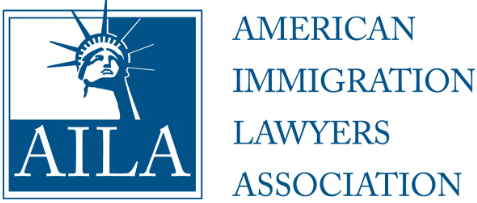This process for an employer to allow an employer to file an I-140 immigrant petition, first requires an electronic filing with the Department of Labor on a form called the 9089. The Employer must show that it can’t find a minimally qualified US worker for the position. The process starts with defining the job and the minimum requirements of the job, obtaining a prevailing wage determination from the Department of Labor, and recruiting for the position before the form can be filed with the Department of Labor. Once the labor certification is approved the employer can file an I-140 on behalf of the employee who can ultimately obtain permanent resident status.
Details:
The Outstanding Researcher and Professor (EB-1B) immigrant visa category is designed for foreign nationals who have demonstrated exceptional achievements and expertise in their respective academic or research fields and are seeking to work in the United States. This category is specifically for individuals who have gained prominence in academia and research and are recognized for their outstanding contributions.
Here are the key requirements and features of the EB-1B visa category:
- Outstanding Achievements:
- To qualify for the EB-1B visa, the individual must demonstrate outstanding achievements and recognition in their academic field. This recognition can come in the form of awards, publications, citations, peer reviews, and other significant contributions to their field.
- Three-Year Requirement:
- The applicant should have at least three years of teaching or research experience in their academic field. This requirement can be met either inside or outside the United States.
- Permanent Job Offer:
- The applicant must have a job offer for a permanent position in the United States from a qualified U.S. academic institution or employer.
- No Labor Certification:
- Unlike some other employment-based immigrant visa categories, the EB-1B category does not require the employer to go through the labor certification process. This means that the employer does not need to demonstrate that there are no qualified U.S. workers available for the position.
- Self-Petition:
- The applicant may self-petition for an EB-1B visa, which means that they can file the petition on their own behalf without the need for a U.S. employer to initiate the process.
- Tenure-Track or Comparable Position:
- The job offer should be for a tenure-track or a comparable research or teaching position at a U.S. academic institution or an established research organization.
- Evidence of Outstanding Research or Teaching:
- The applicant should provide extensive documentation and evidence of their outstanding contributions to their field, such as publications, awards, peer-reviewed research, conference presentations, and testimonials from experts in the field.
EB-1B visa holders are considered priority workers, and they have a relatively straightforward path to obtaining lawful permanent resident (green card) status in the United States. The EB-1B visa is a competitive category, and applicants are expected to provide substantial evidence of their achievements and contributions to their field.


